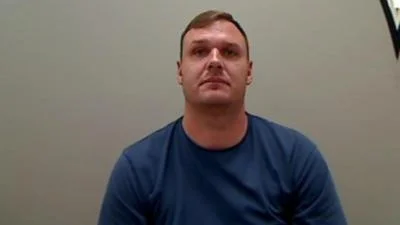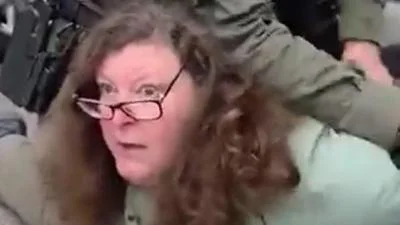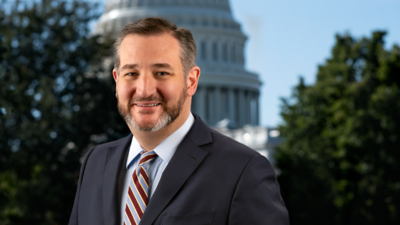Charles Nkuku, left, said banning baseball at Wrigley won't have much effect on his business, but it will cost the local economy hundreds of millions. | Facebook
Charles Nkuku, left, said banning baseball at Wrigley won't have much effect on his business, but it will cost the local economy hundreds of millions. | Facebook
Lehman Midtown True Value store owner Charles Nkuku keeps his business open to sell essential items the neighborhood needs during the coronavirus pandemic.
“We don’t have most of the stuff that’s needed at this time. Things like Lysol disinfectant spray,” he said. “We are beginning to get some masks.”
The store is getting a limited amount of crucial supplies like paper towels, toilet paper and hand sanitizer that customers want now, though the store put limits on sales.
“Even if we have it, we don’t just sell it to one individual. Like gloves. We put a limit, one per customer,” Nkuku said.
On Wednesday, the hardware store stocked 24 bottles of hand sanitizer, limiting them to one per customer.
“So that’s pretty much how we are handling it here,” he said.
The coronavirus pandemic has cut into Nkuku's business. “It’s affecting us, but we know we are doing what we have to do,” he said.
Gov. J.B. Pritzker told Chicago City Wire he does not see any way large group events could restart this summer. Although baseball was not specifically mentioned, ballgames at the neighborhood's Wrigley Field definitely meet any definition of a large group event.
Nkuku said decisions like closing Wrigley Field for the season should be left with public health officials. They could make requirements like having masks and gloves, which he thinks are imperative.
True Value's employees disinfect and wipe down the terminals. They also clean door handles and counters.
“Before, we used to have an open counter for customers and employees. We put in a glass shield. We could communicate, but we can’t breathe each other’s air,” Nkuku said. “These are the measures that we are doing.”
He said, "Customers come in looking for essential products, which is why we are still open."
“But in terms of business as usual, it’s not the same,” he said. “They aren’t doing their usual activities at home.” If customers are not working on projects at home, they do not need supplies.
Nkuku does not expect a big change in his business if the Cubs are not allowed to play baseball at Wrigley Field this year.
During a typical baseball season, True Value does see some Cubs fans on their way to the ballpark, as his store at 3473 N. Broadway is just a block and a half from Wrigley.
“It’s not like a big effect,” Nkuku said. “Most people who go to Wrigley, they walk through our store, stop in and buy some stuff they need.”
The store owner looked beyond his doors to what no baseball at Wrigley this year would mean for other industries.
“But it’s just every business is suffering. It’s going to have an impact on restaurants and bars. But not a whole lot on the hardware business,” Nkuku said.
The community benefits from $789 million in direct, indirect and induced spending, some of which is spent in those restaurants and bars and the other neighborhood businesses.
The ballgames increase tax revenues at local, county and state levels. Many permanent jobs created during the Wrigley restoration project are at risk of being eliminated, with many of the employees who filled them already furloughed or laid off.
Direct spending on game-day operations, restaurants, hotel rooms, retail shops and non-Cubs entertainment brought an estimated $457 million to the community in 2019.
This year, that spending will be closer to zero.




 Alerts Sign-up
Alerts Sign-up